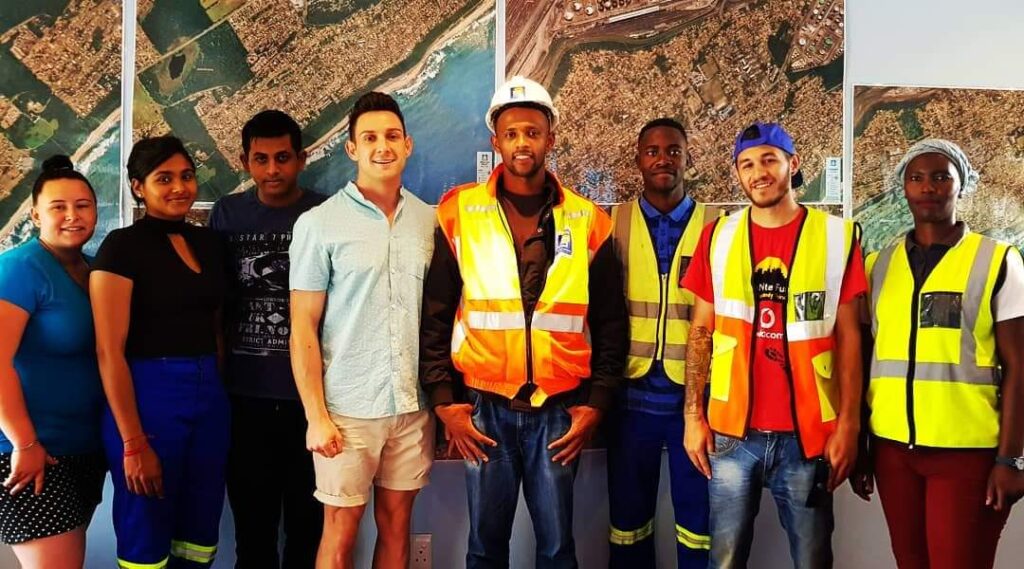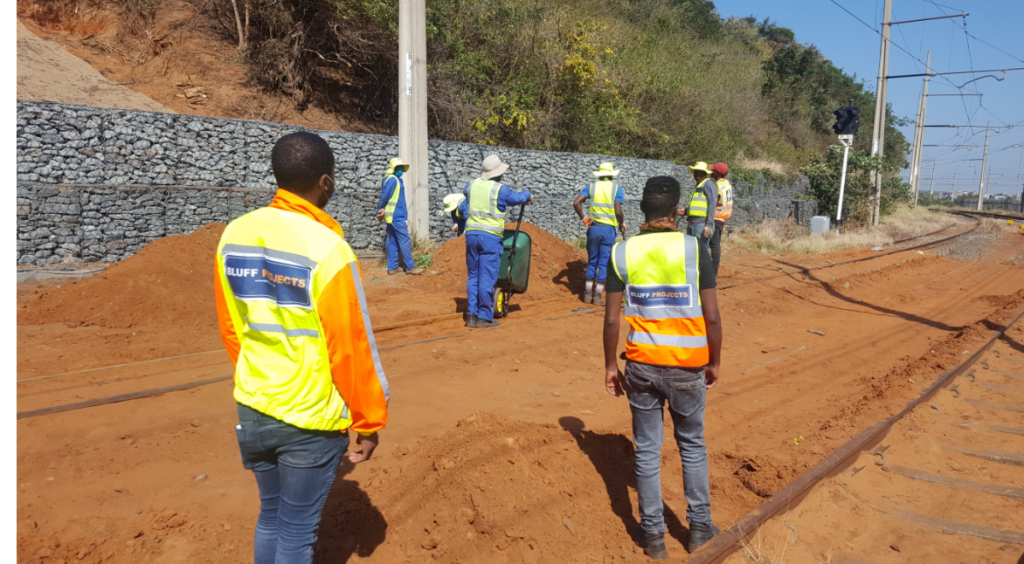
As I was managing spreadsheets, overseeing CLOs, and navigating the complexities of construction projects, one quote from Thomas Edison kept playing in my mind: “Opportunity is missed by most people because it is dressed in overalls and looks like work.” This quote has never felt truer than in the process of developing Local-Link. What started as small, manual tasks slowly transformed into a massive opportunity—though at the time, it just looked like a lot of hard work.
When I brought two engineering graduates onto the project, their involvement wasn’t just about administrative help. The conversations we had were invaluable, as we brainstormed solutions and figured out ways to solve the logistical problems inherent in managing CLOs and jobseekers. We weren’t just trying to organize information—we were trying to find a way to track CLO activities effectively. One of the key breakthroughs was realizing we could generate something unique: a “Social Impact” report. This report would provide transparency into the work being done by CLOs and the benefits it was creating in the community. In a contentious industry like construction, where accountability is rare—especially with the rise of the Construction Mafia over the past decade in South Africa—such transparency is desperately needed.
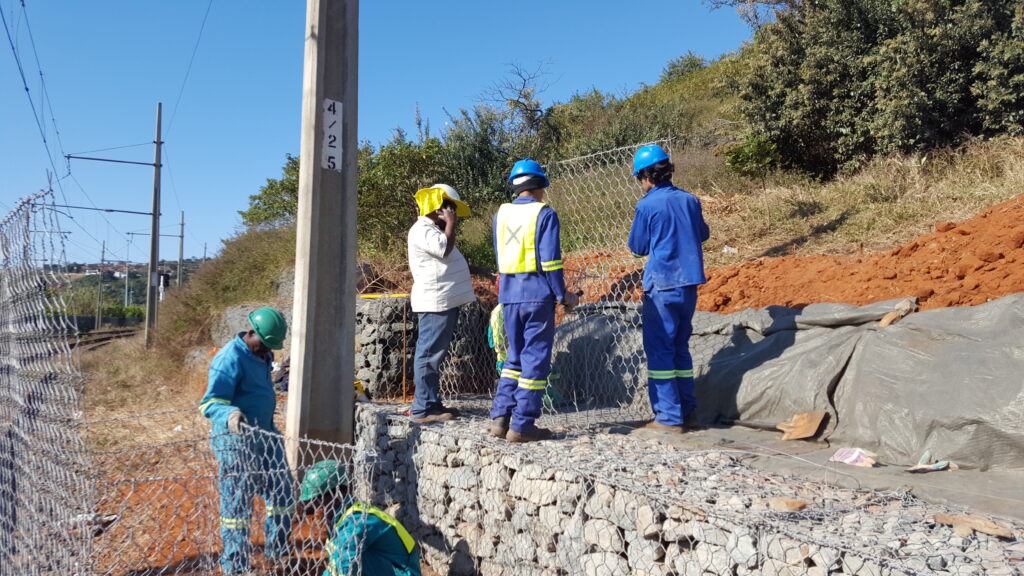
It became clear that this project was evolving into something bigger. Local-Link wasn’t just a community tool anymore; it was becoming a new civic technology. The construction industry in South Africa, particularly with the increasing presence of the so-called Construction Mafia, needed transparency and accountability. I plan to write another blog post specifically diving into my experiences on the ground, the community dynamics, and my thoughts on the Construction Mafia. Working in this space has shown me the critical need for systems like Local-Link, not just for managing projects but for building trust and stability in communities.
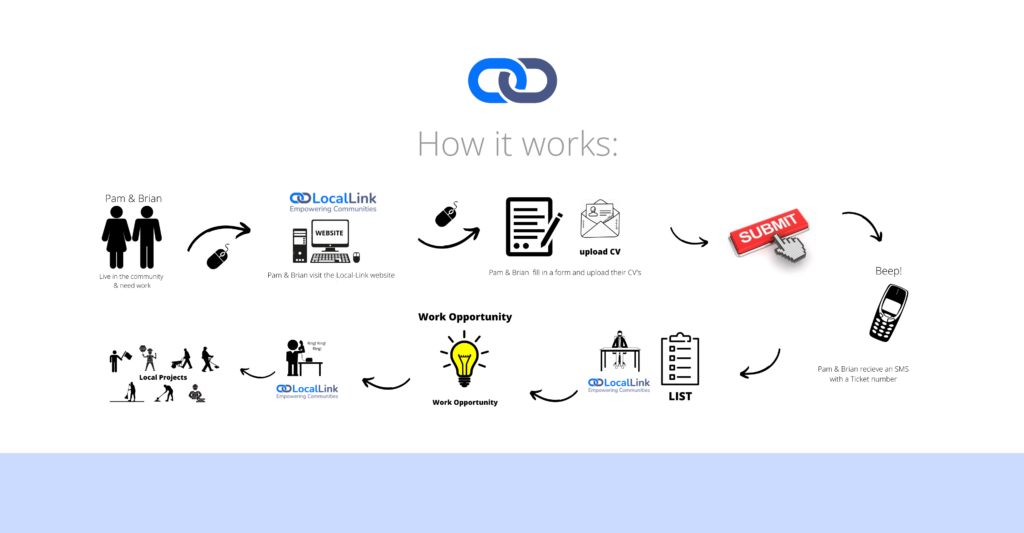
But the challenges are still significant. One of the ongoing issues we’re tackling is the basic access to data and the internet. Many jobseekers and community members don’t have access to smartphones or regular internet connections, so we’ve had to find simpler methods of implementation. SMS became our primary tool for communication, allowing us to reach people where they are, regardless of their access to technology. It’s not a perfect solution, but it’s practical—and sometimes, the most practical solutions are the most impactful.
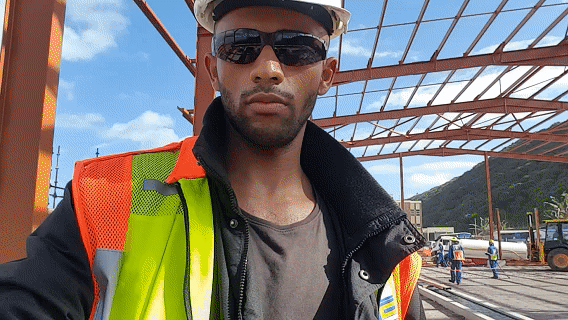
After a few years of development, Bluff Projects naturally transitioned into what is now Local-Link. It wasn’t a straightforward journey. Not everyone who started with me is still part of the project. I lost my mentor, Andrew Layman, who passed away from cancer. Andrew was instrumental in shaping the vision of Local-Link, and his guidance is something I miss deeply. I also lost a good friend and the support of many people along the way. Despite these personal and financial losses, I’ve remained steadfast in my mission, knowing that this project has the potential to change communities across South Africa. Local-Link has grown beyond its initial scope, and I’ve been able to carry forward the lessons Andrew imparted to me.
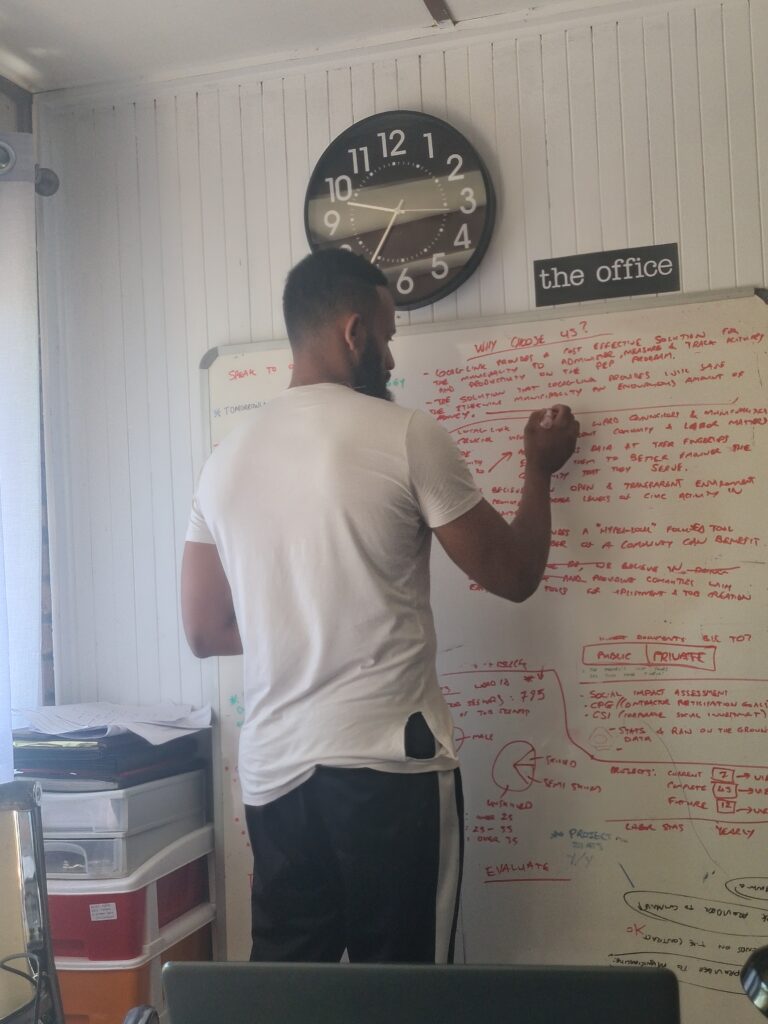
Training has been a huge part of this too. Over the past few years, I’ve developed courses and training materials specifically for CLOs and professionals in the field. We’ve also created workshops to orient and introduce communities to what Local-Link does and what the role of a CLO is in broad terms. These workshops help communities understand what to expect from their CLOs and why the work they do is so important.
What’s been truly remarkable is the organic growth of interest in Local-Link across the country. I’ve received calls from people in Knysna, Bloemfontein, Johannesburg, Mpumalanga, Limpopo, and the Eastern Cape, all curious about the project. And the most surprising part? I haven’t marketed Local-Link at all. Yet, we’ve had hundreds of people submit their CVs through the website, eager to be part of something bigger.
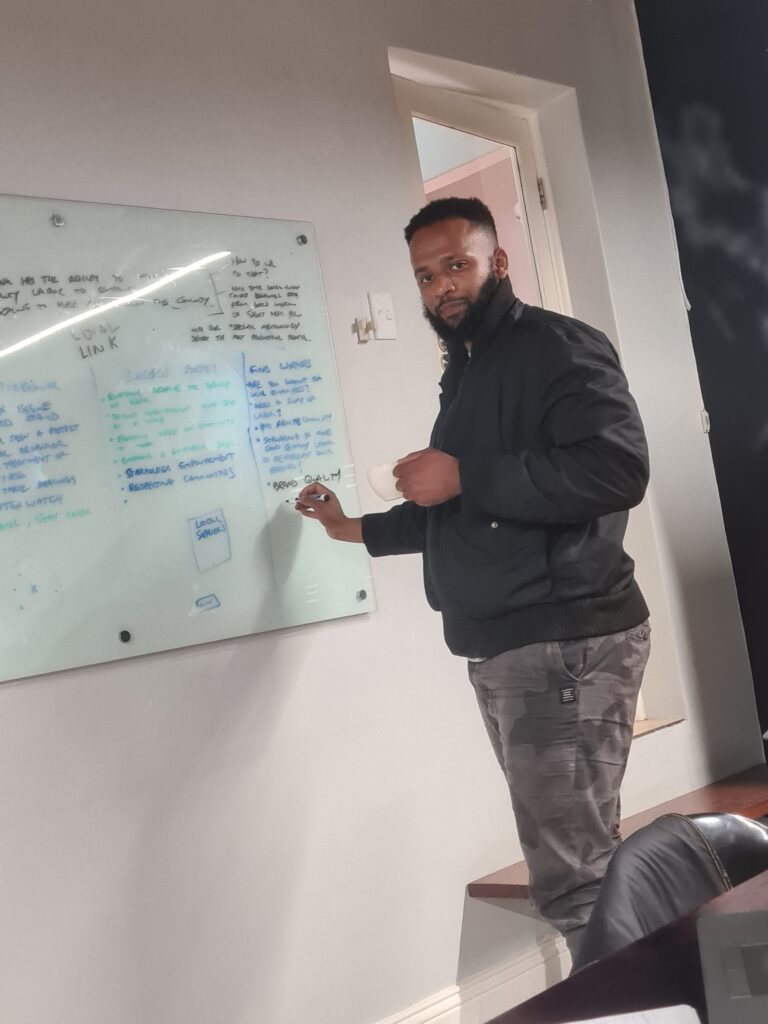
There are ways for individuals and businesses to support Local-Link. You can sponsor a community, and in return, your company or organization can advertise on our website, showing the world that you support this mission of social impact and community building. We’re looking for partners who believe in what we’re doing and want to be a part of the change we’re working toward.
I’ve faced massive setbacks in the process, but I didn’t let them stop me from pursuing the vision I had for Local-Link. There have been moments when I could have walked away, but the opportunity to make a real difference in people’s lives kept me going. If you’re interested in supporting this project or learning more, my contact details are on the Local-Link website. I’m always open to a conversation.
